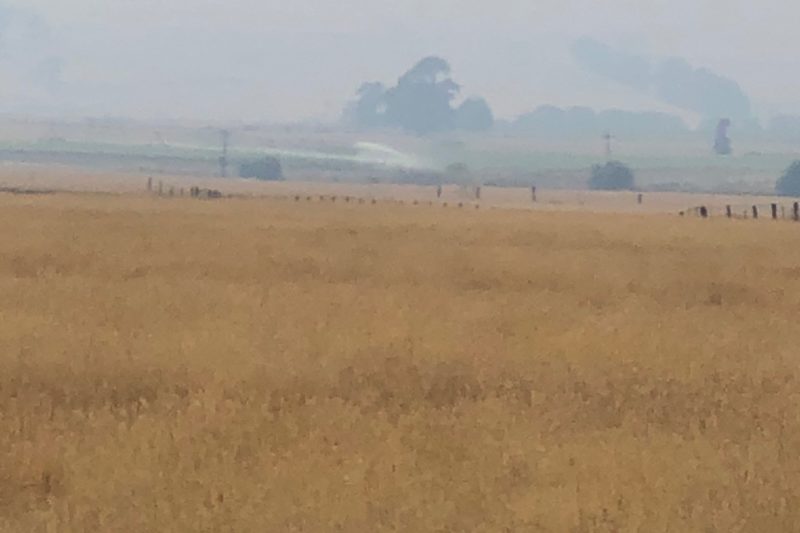
Since September last year many Australians have lived with nightly images of our communities on fire. Worse for some they have lost their homes and loved ones. When disaster strikes trauma results and for people directly affected by fire the road to healing is long and expert professional support is needed.
For most people not directly affected by the disaster we respond in various ways to the images of others suffering and the intensity of the news reports. Whether it’s fire, drought, or other natural disasters, international threats, violence in our community, the threat of war or simply the daily barrage of bad news, none of us remain untouched. Some people are more resilient than others. Older men have been told all their lives to ” toughen up..be a man…” Some people are more anxious and find the perpetual bad news stories overwhelming.
We are all different but as human beings one of our strengths is empathy and the ability to feel the terror and pain others are going through…in the next town or across the world. This is a strength. We must not forget that. It’s a strength in both men and women. Our empathy builds relationships and strong communities. We should never apologise for our tears and expression of pain and sadness.
But what happens when we feel utterly exhausted and overwhelmed by the disaster unfolding before us? When we feel angry and we are seemingly powerless to do anything to fix the situation, so other people don’t have to suffer?
Parents (and grandparents) are often in a very difficult space because children can sense the despair and sadness they feel. Older people, may find the intensity of the bad news stories exhausting and confusing. Most of us simply feel powerless and sad for months on end.

So what can we do to stay afloat for ourselves and others? Here are a number of ideas.
- Accept that all these feelings are normal and a strength of being human. Stop the judgement. It”s a description ” I feel really sad and overwhelmed today watching these families lose everything.”
- Look for avenues of control and action. Have a discussion in the family or with friends. How can you help? Donate money, work at a relief centre, join the local volunteer fire service, get first aid training, write letters to politicians, research and learn, support a wildlife shelter, host a fund raiser, demonstrate in the street, have conversations with others. Not all these ideas work for you. Choose what can shift you from feeling totally powerless to being active, doing something positive. All the family can get involved in some way.
- Have a 24 hour news/ social media blackout…unless you are in a fire zone! Stop reading bad news and analysis of bad news. We know that music can calm the breathing rate and is a healing force. From Guns and Roses to Mozart…listen and heal. Singing has been proved to be a wonderful way to rid the body of tension so sing or walk to give yourself respite
- Nest. Do things with friends and family balanced with times of solitude. Pay special attention to your home. Bring in flowers. Take afternoon naps if you can. Create a calming space with essential oils. Create order and tidiness in your home. Structure your day with some activities. Develop a sense that in this space there is a certain level of order and control.
- Get help. If your anxiety is at an uncomfortable level and affecting your daily life seek professional support. These are tough and unusual times. They will pass but you need not live with anxiety and discomfort.
- Take yourself out of the situation. An expensive alternative but you might consider bringing that overseas trip forward or taking a mini break away from the fires (or for our Canadian readers, blizzards!) There are some great holiday packages available. Go to non fire affected cities and areas to walk, rest and regroup.
However you are feeling about the world around you, please take the time to check in with others. In times of distress the important thing is that we have each other.
